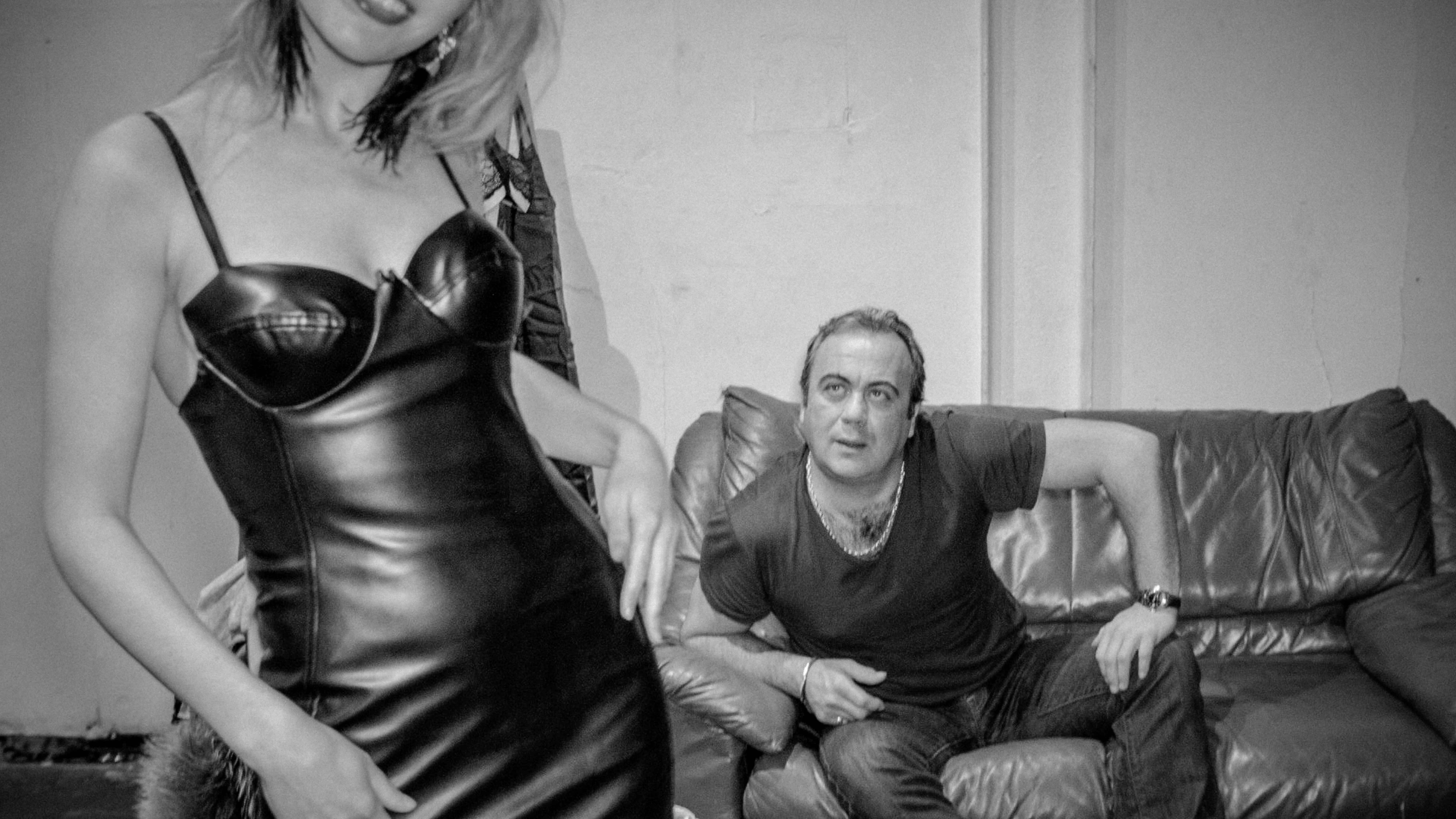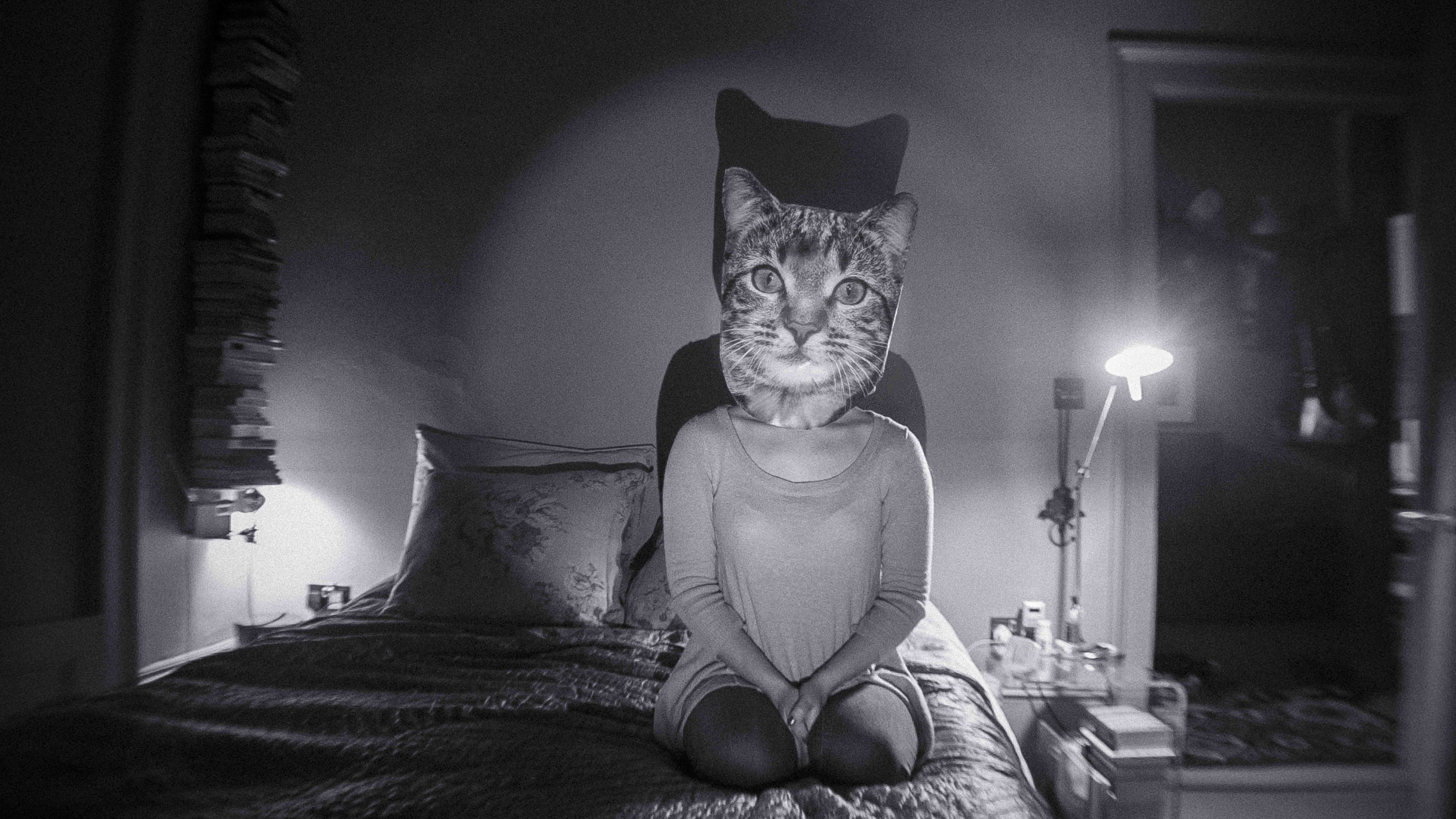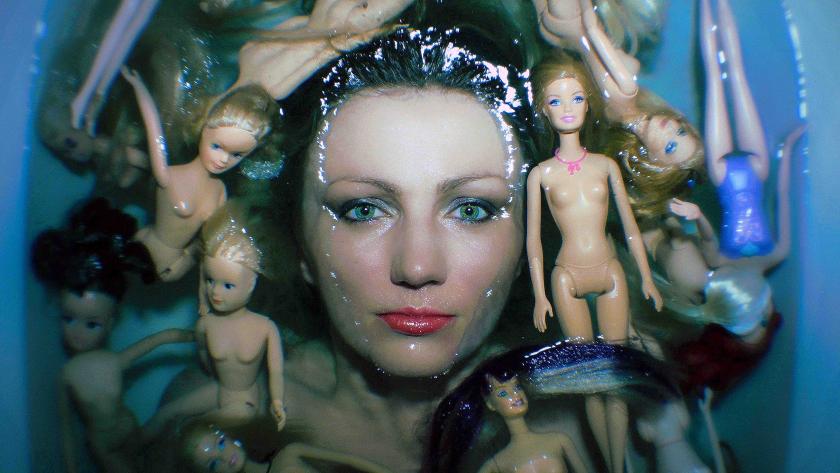Spoiler alert: About sixty-four minutes into our debut feature film, one of the main female characters undresses for the camera. Alicja is being filmed by the other protagonist, a young American documentarian named Katie. As the sexually charged long take progresses, it becomes apparent that what started out as an erotic provocation (catering to Katie’s palpable attraction to her) gradually descends into Alicja’s traumatic memory of sexual abuse. Despite the disturbing situation unfolding in front of her, Katie continues recording, and we – as the audience watching through her lens – become inadvertent accomplices in her voyeurism.
Judging by the reaction of most critics and various international festival audiences, the scene is affecting and people are taken by the unmasking of Alicja’s wounded persona. It’s a complex and nuanced performance by Aneta Piotrowska (portraying Alicja) in a scene that, to most, seems to define the film and its central theme.
However, once in a while (and this has occurred with increased frequency during the last year’s Q&As) there is a lone yet loud voice of an individual that will take offence and refuse to read this scene and the film in any other way than the objectification and exploitation of women. Statements such as “are you aware you’ve taken back the female cause two decades?” and “you’re propagating the stereotypical misrepresentation of Eastern European women” has now been crowned off by a recent piece (by Sight & Sound’s Hannah McGill) calling the scene in question “porny”. “In matters of taste, there can be no disputes” but do these two contradictory reactions come down purely to taste? Or is one an opinion and the other a standpoint? The standpoint being that today’s women should be portrayed positively. And isn’t that a fair enough point to make?
“In matters of taste, there can be no disputes” but do these two contradictory reactions come down purely to taste? Or is one an opinion and the other a standpoint? The standpoint being that today’s women should be portrayed positively. And isn’t that a fair enough point to make?
Our ironically titled My Friend the Polish Girl following the life of an unemployed Polish actress living in London was shot before Ronan Farrow’s exposé of Harvey Weinstein’s shocking abuse of power, which led to the proliferation of the #metoo and its noble intentions. This was before terminology such as “patriarchy,” “white male privilege,” and “representation” spilled into the mainstream as a shorthand for a (predominantly Western) experience signalling feelings of injustice as well as which side of the progressive cause we stand on.
The need to make this film came not from this current political hypothesis, but from a more personal place and a genuine interest in exploring issues of intimacy. We’re primarily drawn to writing stories from a female perspective (this has been true of our short films as well as our BBC radio dramas) and it is the grey areas of these character’s morality that compel us. The women we try to create on screen are far from the usual stereotype of mother/wife/mistress, however if one were looking to appease the critical voices mentioned above, there is much guidance of how women shouldn’t be portrayed but little on how they should. One could of course use the template of late, whereby traditional male parts are replaced with females (“Ghostbusters” (2016), “Ocean’s 8” “The Hustle” and the constant talk about recasting James Bond as a woman) and while there is nothing inherently objectionable in this, are these authentic female stories and are these stories that women genuinely want to see?
One could of course use the template of late, whereby traditional male parts are replaced with females (“Ghostbusters” (2016), “Ocean’s 8” “The Hustle” and the constant talk about recasting James Bond as a woman) and while there is nothing inherently objectionable in this, are these authentic female stories and are these stories that women genuinely want to see?
There seems to be such an anxiety to not offend anyone’s perception of what a woman should be, that any discussion of characteristics conventionally attributed to a female’s darker side is immediately chastised. Female characters are rightfully allowed to have typical male vices (Killing Eve, Fleabag) but our experience shows that having a less comedic and more sombre debate about something like dysfunctional female promiscuity is met with outrage.
If our stories become tools to satisfy a utopian vision of womanhood, all they will reflect will be a black and white, dumbed-down distortion of reality. Such films stop aspiring to be art and start being propaganda. How about just allowing a wide spectrum of voices with the risk of some of them being insulting to a few?













Add comment